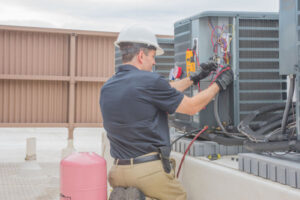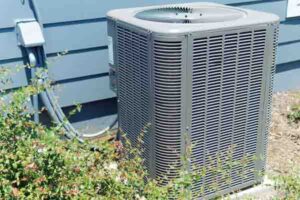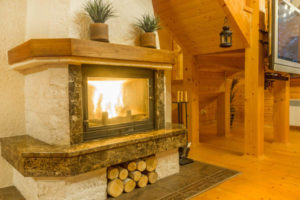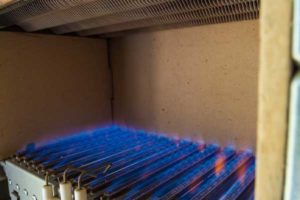HVAC
AC Troubleshooting: Home Air Conditioner Starts Cold Then Gets Warm
Consistent performance is a key expectation from home air conditioning units. They should cool your house and maintain the desired temperature. However, if your home air conditioner initially provides cold air but gradually becomes warm over time, it is a cause for concern. This article dives into this common air conditioning issue.
Read MoreTop Reasons Your Air Conditioner Is Not Removing Humidity
Heat and high humidity levels can make people feel uncomfortable and sticky. Fortunately, air conditioning systems provide comfort by working silently in the background, lowering the room temperature, and reducing indoor humidity. If the cooling system is not effectively removing humidity, then there is an issue that requires attention.
Read MoreWhy Is My Air Conditioner Running In Short Bursts?
Air conditioners are essential in homes to reduce the heat during the summer season. When sensors detect that the temperature in the home is greater than the thermostat’s settings, the AC unit will initiate a gradual and consistent cooling cycle. However, if the AC unit operates in brief intervals, it may be short cycling.
Read MoreTell-Tale Signs Of An Overcharged Air Conditioner
Excessive air conditioner refrigerant can lead to damage over time. To prevent problems and extend the lifespan of your equipment, it is important to stick to the recommended parameters. Keep reading to discover the signs of an overcharged AC unit and the potential dangers associated with this type of cooling issue.
Read MoreSteps to Take When Your Air Conditioner Won’t Turn On
When the temperatures rise, your air conditioner keeps your home cool and comfortable. However, there may come a time when the cooling unit refuses to turn on, leaving you waiting in a hot and humid house for an HVAC contractor to arrive. Sometimes this issue is caused for a simple reason you can fix yourself.
Read MoreFurnace Vs. Fireplace: Which Is More Efficient For Home Heating?
During winter, you want to make sure you’re warm and cozy. However, you don’t want to have to break the bank to do it. One way to stay warm is by using a fireplace or a furnace. However, both have their pros and cons. This article takes a closer look at both heating sources.
Read MoreDo You Know The Signs Of An Overheating Furnace?
If you’re noticing oddities with your furnace, don’t brush them off as trivial. These could be symptoms of a more dangerous issue, such as an overheating furnace. It’s important to act fast and contact an HVAC contractor. This article discusses signs to look for, the causes, and typical solutions for this issue.
Read MoreHow to Determine Whether You Have an Energy-Efficient Heater
A heating system should be energy-efficient, operate quietly, and be durable. It saves money on your energy bills, distributes heat more evenly, and reduces the need for maintenance. This article discusses three ways to determine if you have an energy-efficient heater, as well as some tips for improving the efficiency of your unit.
Read MoreDuctwork Makes Banging Noise: Causes & Solutions
With central, forced-air heating and cooling systems, warm or cold air is generated in one area and dispersed around the house via ductwork. Because they are typically formed of metal, ducts are sensitive to ductwork noise with the smallest disturbance. This article discusses some common causes for ductwork noises and offers some effective solutions.
Read MoreWhy is My Furnace Leaking?
Although HVAC systems are strong devices, modern furnaces are not unbreakable like most people think. Like all machinery, they will require professional attention at some point. One common complaint that we experience is a furnace that starts leaking. This article explores the potential causes of a gas furnace leaking water and offers some solutions.
Read More







![[maxbutton id="18" text="Explore Our Heating Services" ] efficiency rating depicting energy efficient home heating system](https://www.milleroilcompany.com/wp-content/uploads/2023/01/efficiency-rating-depicting-energy-efficient-home-heating-system-300x200.jpg)

